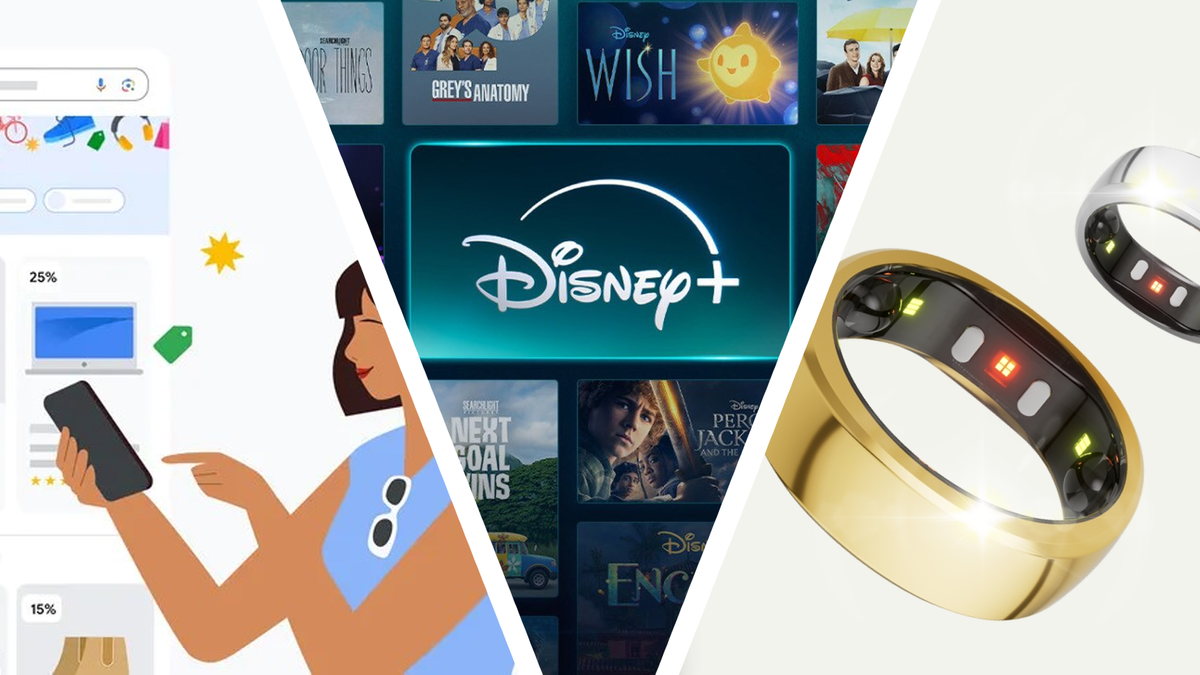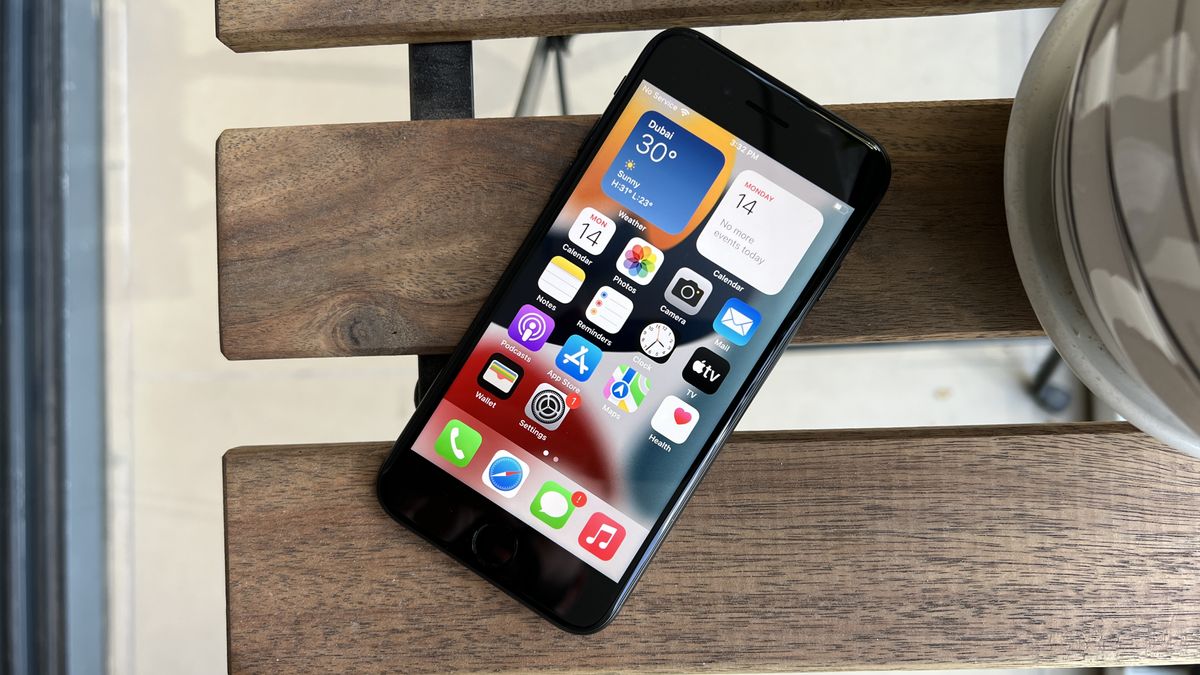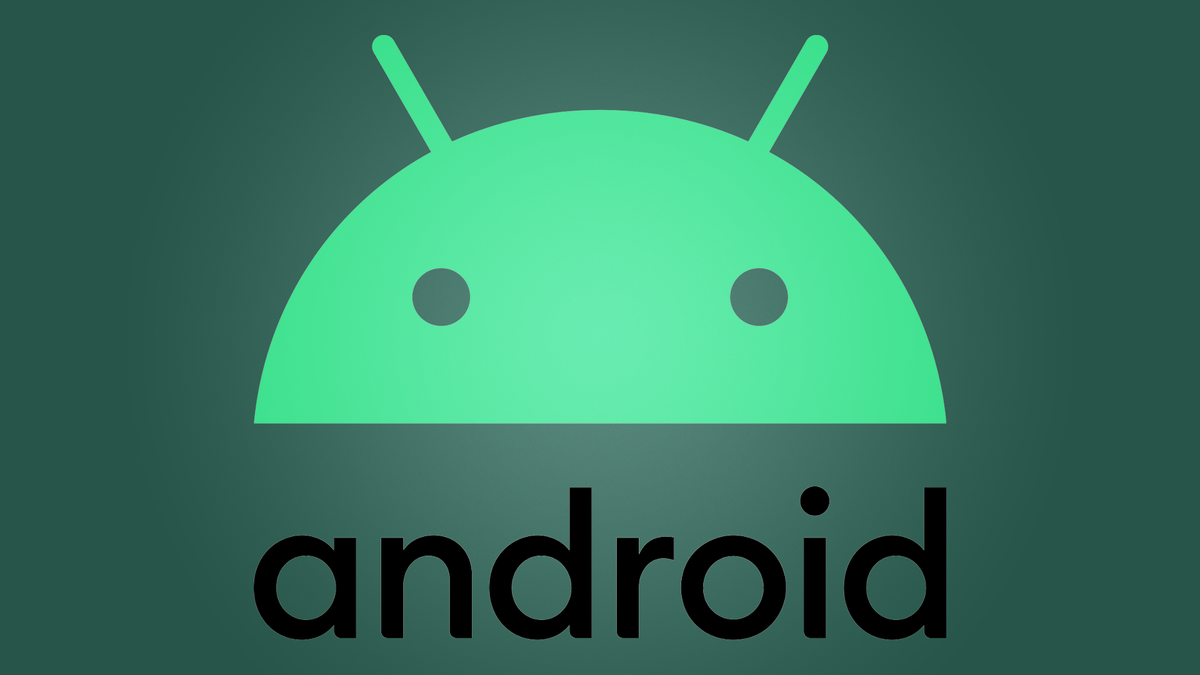This week in tech has brought us some exciting new products, some infuriating price hikes, and leaks teasing upcoming devices we can't wait to try out.
Keeping up with all this and more is a monumental task, so let's get you up to speed on all things tech. We've rounded up the seven biggest news stories of the week here so you can take a look back at the biggest announcements.
Next week, Google will be unveiling some new Pixel 9 tech, so be sure to check back here for all the latest. For now, let’s take a look at what’s happened over the past seven days.
7. Google was declared a “monopolist” in searches
A US federal judge declared Google a “monopolist” this week due to its position as the world's largest search engine, with the judge questioning in particular the way Google pays companies to be the default choice for its products.
This decision is likely to be appealed, but regardless of how things play out, there's a big question mark over how much this decision will actually change things, with Apple's own SVP of services, Eddy Cue, saying: “I don't think there's a price in the world that Microsoft could give us. They offered to give us Bing for free. They could give us the whole company.”
So if anything, this could mean that Google remains the default option, you just don't have to pay for the privilege anymore.
6. Google killed the Chromecast with a new TV streamer

This week, Google said goodbye to the Chromecast and launched a new Gemini-powered streaming device called the Google TV Streamer.
This more feature-rich machine costs $99.99 / £99 / AU$159.99 but features 4K visuals at 60fps, support for HDR, HDR10, HDR10+, HLG and Dolby Vision video standards alongside Dolby Digital, Dolby Digital Plus and Dolby Atmos audio standards, a faster processor than the old Chromecast with Google TV, plus 4GB of RAM and 32GB of built-in storage.
It is now available for pre-order and will ship starting September 24th.
5. Google redesigned the Nest smart thermostat

Joining the Google TV Streamer in the company's pre-Made By Google ads is the new fourth-generation Nest Learning Thermostat, which features the most substantial redesign of the technology we've seen yet.
Instead of a flat display, the domed glass front that covers almost the entire screen makes it look like a Pixel Watch for the wall, and it still features intuitive rotation controls. It also has Smart Schedules that suggest adaptations to your cooling and heating routines based on your habits and local weather conditions to help you save money on your bills.
It will cost you $279.99 (it's optimized for US and Canadian heating systems, so a global release isn't planned yet) and includes one temperature sensor; additional sensors cost $29.99.
4. Disney Plus announced when it will begin its crackdown on password sharing
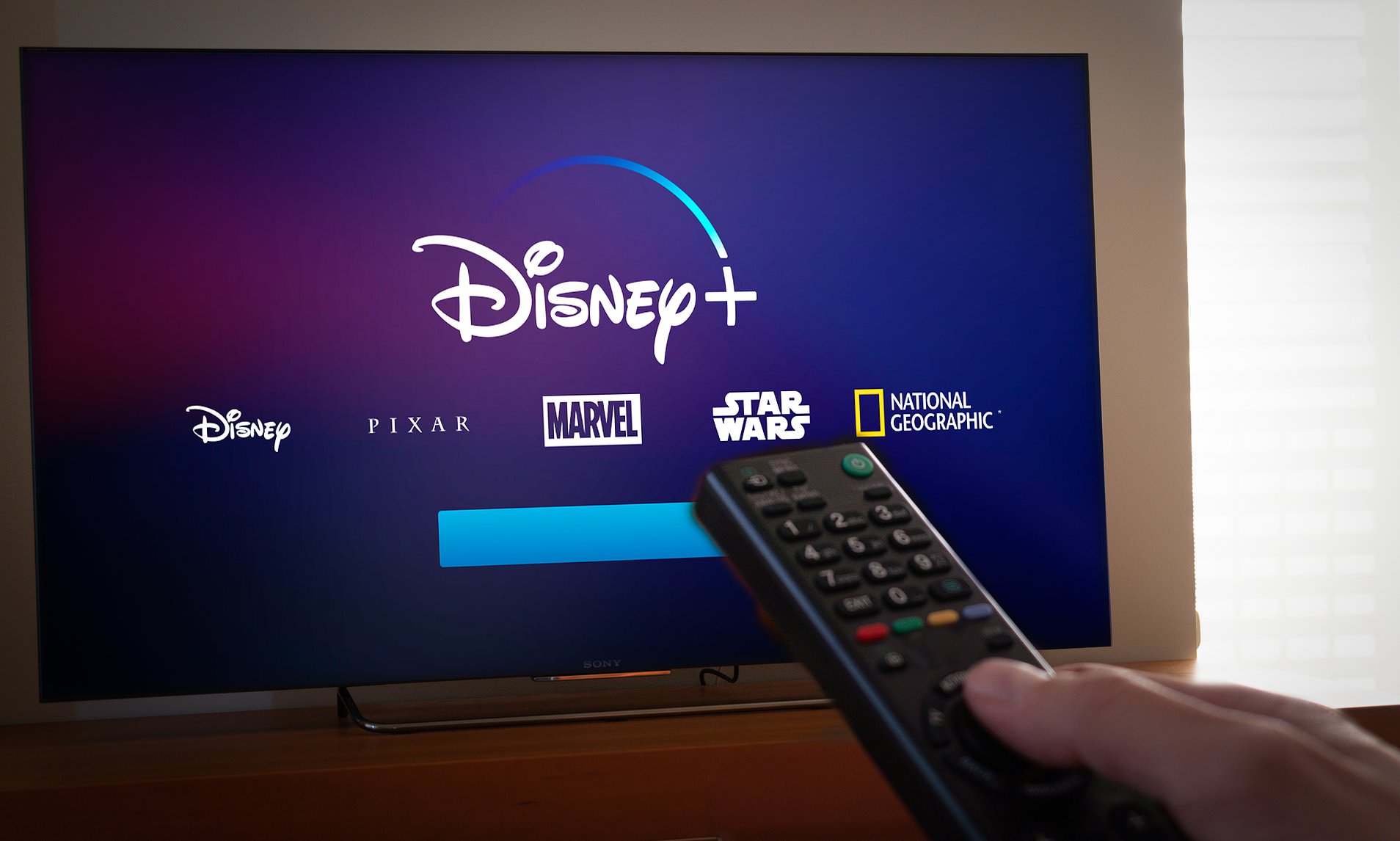
Whether it's annual price hikes, cancellations of fan-favorite TV shows, or other frustrating creative decisions beyond our control, the world's best streaming services have been testing our patience.
Of all the strange decisions we’ve had to make lately, none has been more jarring than Netflix’s move on account sharing between households. Now, Disney Plus is following its rival’s lead, with the streaming giant confirming that its own measure against password sharing will go into effect globally in September.
Frankly, we're fed up with this new form of streaming-based control and we sincerely hope that other platforms don't follow suit. Otherwise, we might just abandon streaming for good.
3. Garmin's Run Coach just got a lot smarter
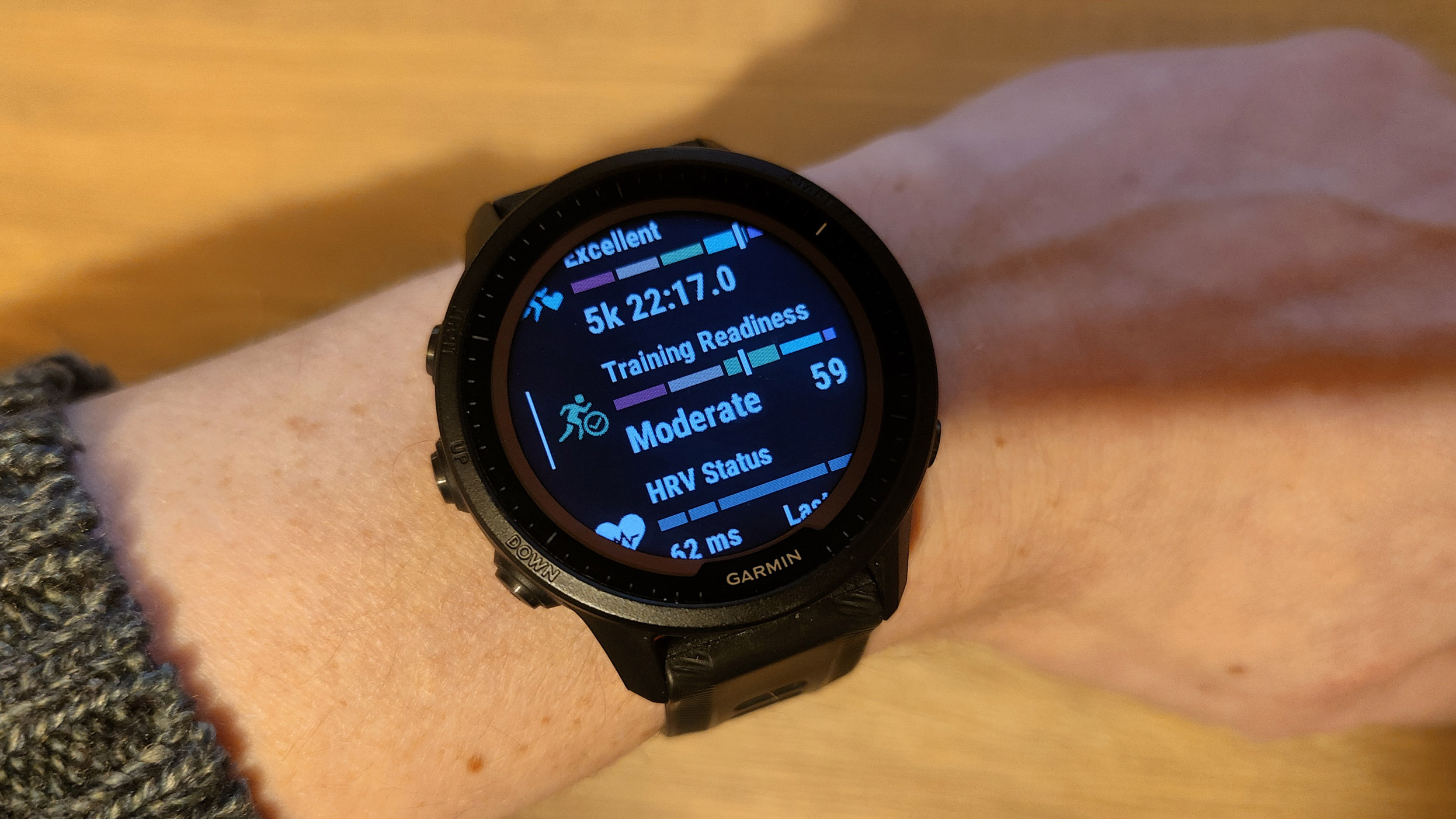
Garmin's latest beta update for its top running watches (the Fenix, Epix and Forerunner lines) tests a new, improved feature, Run Coach, that uses its algorithms.
Rather than having a plan designed by an actual running coach that remains static, the updated Run Coach feature looks set to fully integrate into the Garmin Connect app, using its intelligence to take into account your training readiness level and sleep scores. Had a bad night or pushed yourself too hard? Your running plan could change to take into account your recovery metrics and previous training load.
The feature is still in beta, but once it officially launches, it will likely be rolled out to more running watches via a free update.
2. RingConn Gen 2 broke records on Kickstarter
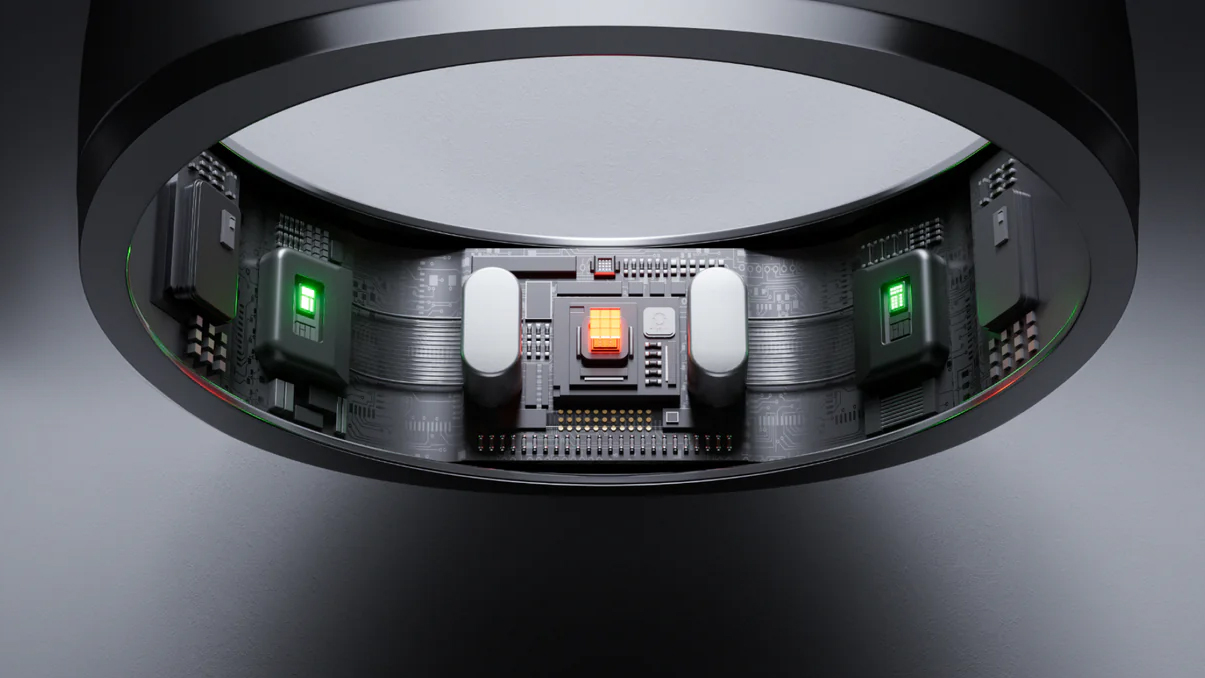
The launch of the Samsung Galaxy Ring not only gave us a new smart ring to marvel at, but it also seems to have strengthened interest in this area of wearable tech for other brands – the Kickstarter campaign for the RingConn Gen 2 broke records.
Its popularity isn’t the only reason you should pay attention to this smart ring. In our RingConn smart ring review, we gave the previous model four stars and called this budget option a “solid alternative to the Oura smart ring.” Sure, it lacks some of the features, but it’s only $279 (around £219 and AU$418) – much cheaper than the Galaxy Ring, which costs $399 / £399 (around AU$750).
The Gen 2 features an extended 12-day battery life and new sleep apnea tracking tech alongside other health and fitness tracking for just $299 (£234 / AU$460) – or $209 (£164 / AU$322) if you back it before the deadline – so you might want to consider it if you're buried in a smart ring.
1. DJI's lightest drone has taken off according to new leaks
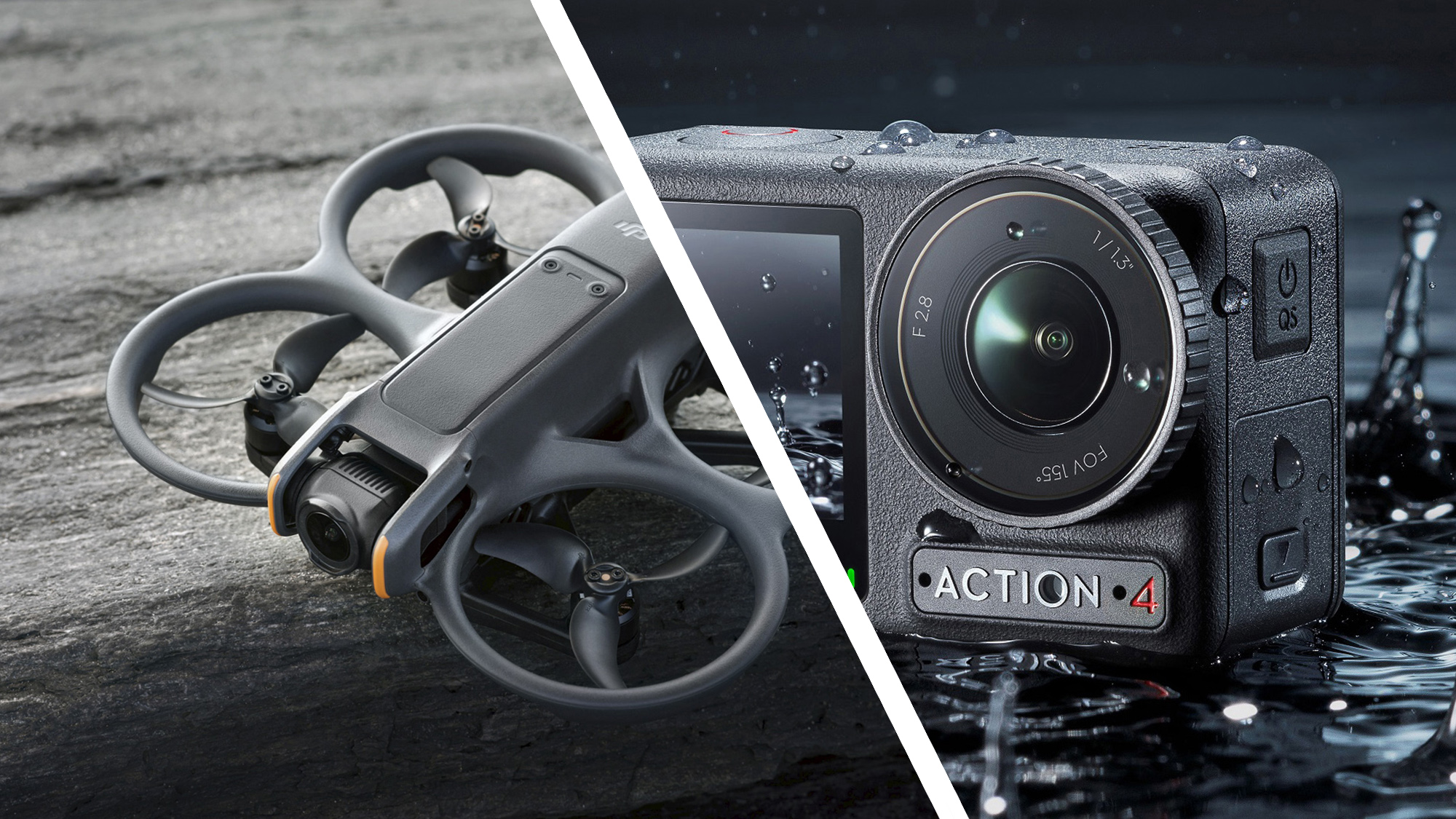
DJI has released some epic drones over the past decade, but it could be about to release its most fun flyer yet, if this week's DJI Neo leaks are correct.
The Neo will apparently be DJI’s lightest drone yet, but it still manages to pack in a 4K camera, AI-powered subject tracking, and potentially FPV headset support. It would be a great combination, especially since the Neo is also expected to be fairly cheap for a DJI drone ($329 according to rumours, or around £320 / AU$515).
When can we expect to see the Neo land? Leaks this week suggest August 20 is the date to watch, with a new Action 5 Pro action camera arriving just over a week later on August 28.

